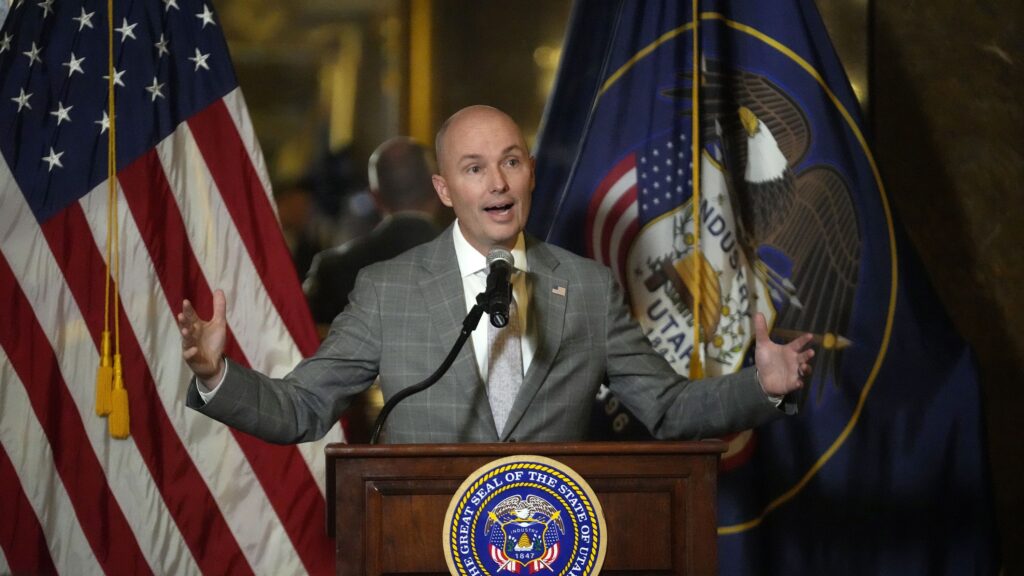NOONAN | State House bills at the heart of our history


Here is the most important reason why every aspect of US and Colorado history should be taught in public schools. In each session of the General Assembly, the impacts of history become a part of legislation. Without citizen knowledge of contextual history and its consequences, legislators and citizens cannot fairly assess whether the bills should be supported, opposed, amended, or monitored, as per options from the Secretary of State’s bill position platform.
SB22-139 presents a new state holiday, Juneteenth, the nation’s second Independence Day on June 19, which celebrates the event in 1865, two years after the Emancipation Proclamation and months after the end of the Civil War, when Black slaves in Texas learned they were free men and women. The announcement occurred in Galveston, Texas when Union General Gordon Granger delivered the message to a state that was one of the last strongholds of the Confederacy. Black citizens during the Jim Crow era celebrated Juneteenth on properties purchased for the purpose called Emancipation Parks. Now all Coloradans will know to celebrate the day openly anywhere in the state.
SB22-012, Versions of the Colorado Constitution, reflects the malleable nature of our state document. When the constitution was first printed, it appeared in three languages. According to the bill, the constitution “establishes the rights, duties, and responsibilities of the citizens of Colorado.” Since 1910 Colorado’s citizens have been able to modify the constitution by initiative. It’s a special gift, recently changed, but still in effect. The bill states that “the history contained in the Colorado constitution is an important asset, and the original constitution as well as an updated version… should be freely available to all people in the state.” Our state constitution, with its various versions reflecting different times, can guide how history is presented in our public schools.
This state history should certainly include Colorado’s relationships with our Land-based Tribes as described in SB22-104 and SB22-148. SB22-104 states that tribal governments must be included in grant programs offered to other local governments, typically municipalities, counties, towns, etc. This means that the Ute Mountain Utes and Southern Utes will be eligible for grants to help their citizens just as other local government agencies in Colorado can support theirs. This is a significant correction of years of discrimination against citizens not only of the tribes but of the state and the nation.
Similarly, SB22-148 offers $5 million to build a behavioral and mental health facility to support Land-based Tribes that have been “mistreated by the federal government over the last two centuries,” according to the bill’s declaration. Native Americans have the least access to behavioral and mental-health services and experience dramatically higher substance abuse, mental health and behavioral health issues than any other US demographic. The bill finds a cause-effect historical relationship that it attempts to mitigate with this $5 million appropriation, a small dent in a big debt.
HB22-1107 addresses society’s “historically low expectations and limited opportunities that have prevented people with intellectual and developmental disabilities from the benefits associated with higher education.” The bill further asserts that “many people with intellectual disabilities live in poverty with few prospects other than exceptionally low-paying jobs.” The bill transitions a pilot program into a grant program for institutions of higher education that develop academic and career pathways for individuals with intellectual and developmental disabilities to find good jobs and live independently.
SB22-128 will change rules on peremptory challenges in jury trials. “Historically, peremptory challenges have been used to discriminate against qualified prospective jurors on the basis… of race or ethnicity.” The bill allows the court or opposing counsel to object to a peremptory challenge based on invalid reasons such as “having prior contact with law enforcement officers” or “residing in certain neighborhoods.” The purpose of the bill is to ensure that any person with a jury trial case will have confidence in the integrity of the justice system.
Another bill, HB22-1206, Prohibiting discriminatory practices in public schools, seemingly supports the intentions of the above bills. The legislation “prohibits teaching or using instructional materials at public schools that promote discrimination.” However, the purpose of the bill is to prevent teaching any material that may make a student of a specific race or ethnic background feel “discomfort, guilt, anguish, or psychological stress” because of the student’s race or ethnic background.
Fortunately, the bill does not prohibit students and teachers of particular race or ethnic backgrounds from feeling outrage and indignation over historical events and contexts, or from feeling an intense urge to learn from history and change our laws to improve and enhance our current ways of living with each other to guarantee our “unalienable rights” to “Life, Liberty, and the pursuit of Happiness” as stated in our most historical document, the Declaration of Independence.
Paula Noonan owns Colorado Capitol Watch, the state’s premier legislature tracking platform.













